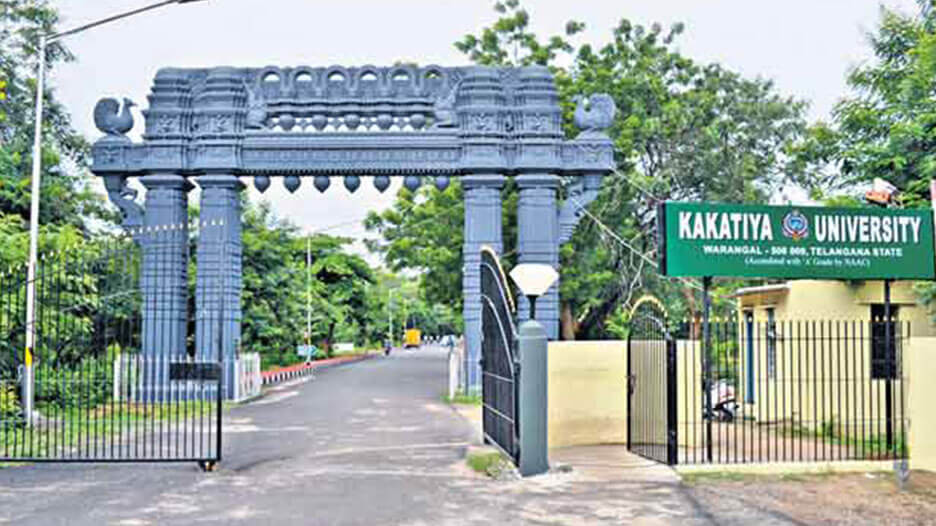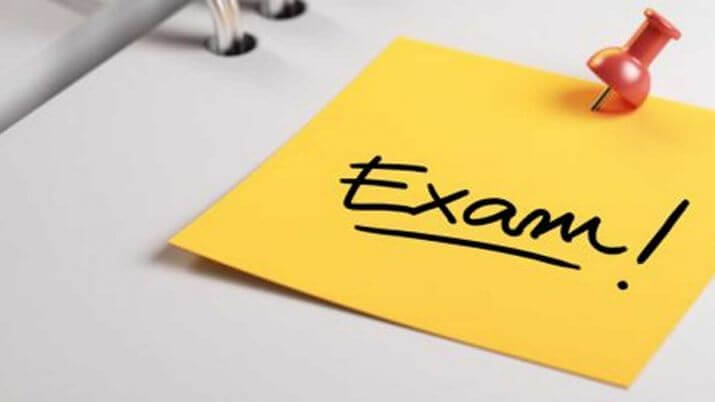UGC chairman raise certain concerns regarding implementation of NEP 2020
Mon 30 Oct 2023, 23:34:41
.jpg)
University Grants Commission (UGC) Chairman professor Mamidala Jagadesh Kumar, speaking at the University of Hyderabad convocation, raised certain concerns regarding the implementation of the National Education Policy (NEP) 2020. He pointed out that there was opposition to the NEP 2020 in some quarters and questioned the rationale behind such opposition, emphasizing that the policy was considered a significant national vision. The chairman underscored that the NEP 2020 had been an inclusive process, involving stakeholders from various regions and educational institutions across the country. He stressed that those with academic reservations about the policy had ample opportunities to provide their input. In his address, he also highlighted that opposing the NEP 2020 for non-academic reasons undermined the future of students.
Specifically, he mentioned the introduction of four-year undergraduate programmes with a research component in the fourth year and expressed concern that if certain universities or states do not implement these programmes, it could negatively impact the students. Furthermore, the chairman stressed the importance of academic credits for student mobility and the need for consistent implementation.
The UGC chairman said, "There are some areas where the National Education Policy lags behind. Some people oppose NEP 2020. I don't see why anyone should oppose NEP 2020, which is hailed as one of the best visions we have set for our country. For academic reasons, if you oppose NEP 2020, there have been several occasions where your input could have been given."
"NEP 2020 is one of the policies where stakeholders have been contacted across the country, in the state, and
in educational institutions to gather input and incorporate them into NEP 2020. If you oppose NEP 2020 for non-academic reasons, you are only undermining the future of our students. We have introduced four-year undergraduate programs with a research component in the fourth year. If any university or state doesn't implement it, it's going to hurt our students," he further added.
in educational institutions to gather input and incorporate them into NEP 2020. If you oppose NEP 2020 for non-academic reasons, you are only undermining the future of our students. We have introduced four-year undergraduate programs with a research component in the fourth year. If any university or state doesn't implement it, it's going to hurt our students," he further added.
Since the introduction of the National Education Policy (NEP) three years ago, most states have either fully accepted the policy or selectively implemented certain aspects of it. Resistance to the policy has primarily arisen from states governed by Opposition parties, such as Kerala, Karnataka, and Tamil Nadu, which have either delayed its implementation or outright refused to adopt it.
The Karnataka government has declared its intention to replace the National Education Policy with a state-specific education policy and has established a panel of experts to create this policy. In September 2023, the Kerala government unveiled the Kerala Curriculum Framework (KCF), indicating not to align with the NEP 2020, particularly regarding the '5+3+3+4' school education structure. Kerala is set to craft its own policy, particularly regarding pre-primary education models and the age criteria for Class 1 enrollment. Tamil Nadu Chief Minister M K Stalin recently restated the state's refusal to implement the NEP 2020 and revealed plans to form an expert committee for devising an education policy specific to the state. In August 2023, Tamil Nadu Chief Minister MK Stalin said the state government was developing a unique 'State Education Policy' that aligns with the state's history, future objectives, economic progress, and professional perspectives.
No Comments For This Post, Be first to write a Comment.
Most viewed from Edu and Jobs
AIMIM News
Latest Urdu News
Most Viewed
May 26, 2020
Do you think Canada-India relations will improve under New PM Mark Carney?
Latest Videos View All
Like Us
Home
About Us
Advertise With Us
All Polls
Epaper Archives
Privacy Policy
Contact Us
Download Etemaad App
© 2025 Etemaad Daily News, All Rights Reserved.






























